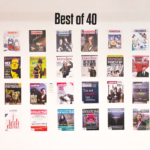Superpowers and extraterrestrial life are normal in Superman’s mythos, but his journalistic ethics are also out of this world

Journalism plays a key role in the Superman franchise, whose titular character has become one of the most recognizable superheroes in popular culture. As we all know, Clark Kent, the hero’s civilian alias, spends his days as a reporter, and his love interest, Lois Lane, is also a journalist. But in a universe populated with aliens and supervillains, how realistic can the journalism be?
In the graphic novel Superman–Earth One, there is an excerpt from a story Kent wrote about Superman. “He declines a polite request for his real name and the part of the country where he grew up,” Kent writes, and we almost believe he was speaking to someone else. Conflicts of interest aren’t unheard of in the industry, but interviewing yourself for a front-page story goes a little too far. “He’s able to construct the narrative that he wants to portray of Superman because he’s asking the questions and shaping the responses,” says Severina Chu, superhero features writer at movie and news website Screen Rant.
For The Atlantic, Daniel D. Snyder writes that Kent, along with fabricating quotes, is guilty of giving insider information to his wife, Lois Lane. While Lane may have the spirit of a true investigative reporter—determined, clever, and a little stubborn—her relationship with Superman affects her journalistic integrity.
“When it comes to what conflicts of interest are, it’s about who might benefit from coverage that is biased,” says Tobin Ng, freelance fact-checker and associate editor at Maisonneuve magazine. In this case, these characters have a clear bias since they benefit directly from what they write—but this is kept secret from the public. “Being transparent about conflicts of interest is super important to maintaining people’s faith in journalism,” says Ng.
While the journalism in these stories isn’t practical, it symbolizes the importance of documenting current events. An article in the journal Journalism Practice notes how their portrayal of journalism includes “critical observations about the popular news agenda and its capacity to do harm to innocent individuals.”
Chu notes how journalism is a common career in superhero media—for example, Iris West in the TV show The Flash. “Writers have taken into account how journalism is actually a very interesting career for these characters because they have so much reach with the public,” she says.
Having a concealed identity ultimately negates the purpose of honest storytelling. “It’s tough to be charmed by a purported truth-teller who lies for what they believe to be greater good,” Snyder notes.
As a fact-checker, Ng says they would contact people in the story to verify everything written. But above all, these characters shouldn’t be reporting on themselves. “If Clark was exposed, I don’t think it would be easy for him to get a career in journalism—the credibility is gone,” they say. “I’m just glad that we don’t have, as far as I know, superheroes in real life, because this would be so difficult to deal with.”
These characters may be committed to unveiling the truth and helping others by reporting on important issues, but the lack of transparency would discredit their work in a real newsroom. Maybe, Ng says, Kent’s career as a journalist could work if he just wrote food reviews.
About the author
Madeline Liao is a fourth-year journalism undergraduate student. She is also an online editor at The Eyeopener. She is passionate about visual design and telling stories about art, culture and identity.


